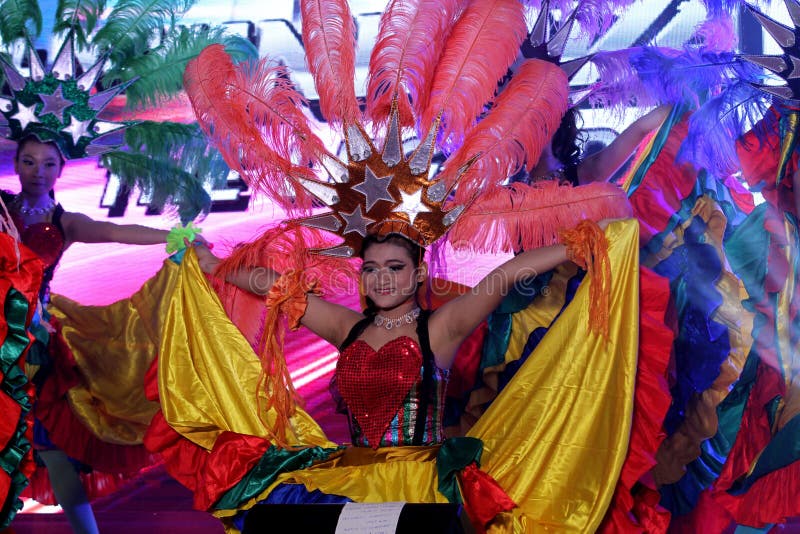
#SAMBA MUSIC ARTISTS PROFESSIONAL#
How did black artists attempt to become professional musicians in a supposedly egalitarian republic that in fact restricted the economic and legal rights of the majority of the population? The introduction focuses on the “missing middle,” a small fraction of black musical entrepreneurs. It shows how ethnic and legal structures shaped an urban music market, at a time when national and international capital flows and audiences created the modern popular music business. The book is thus less about the making of samba than about the disputes around owning it. Likewise, the author explores the limits they encountered to make a living from music, especially the legal and economic structures set by local and foreign capital under the Republican regime (1889-1930) and the manipulation by both populist (1930-64) and military (1964-85) cultural policies. Hertzman’s reconstructs with great detail how sambistas composed, sold, recorded, and claimed their rights over their songs, and how they organized themselves as a professional group. Marc Hertzman’s Making Samba: A New History of Race and Music in Brazil adopts the perspective of samba practitioners ( sambistas) as professional musicians to tell a passionate and exhaustive history of Rio de Janeiro’s music scene, expanding the literature on samba in a new direction. The book focuses on the emergence of an “entertaining class,” and specifically a group of entrepreneurial black sambistas located at the bottom of a white (male)- dominated industry. Despite the obstacles set by an emerging cultural industry they did not control, a small segment of talented black musicians attempted to own the rights of their songs as well as a symbolic share of what came to be considered “Brazilian” music through samba, the local music style. Music was a professional avenue for Brazilians of African origins after the abolition of slavery in 1888.


Rio de Janeiro’s Popular Musicians and the Ownership of Brazilian Music Reviewed by Pablo Palomino (University of California Berkeley) Making Samba: A New History of Race and Music in Brazil.ĭurham: Duke University Press, 2013.


 0 kommentar(er)
0 kommentar(er)
